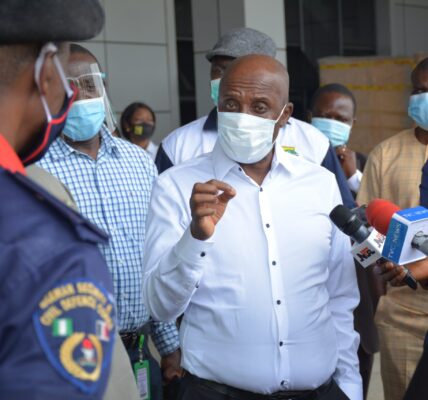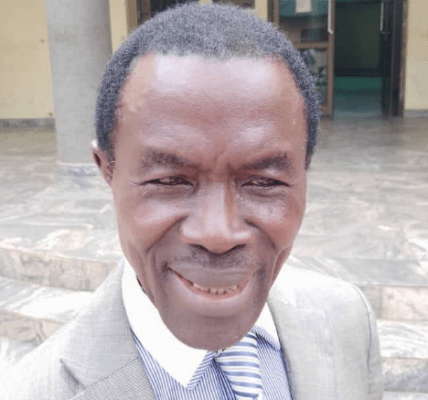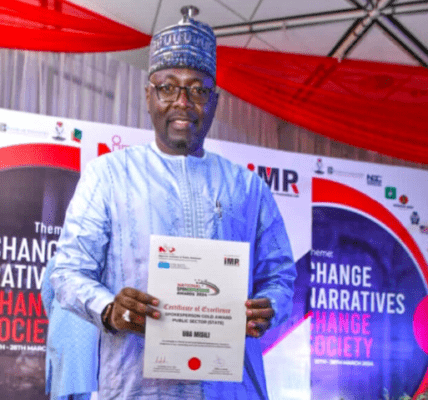This post has already been read 222482 times!
In a bold move that has stirred up conversations across the continent, the All-Africa Students Union (AASU) has firmly rejected the implementation of Malaria Vaccination Programmes in Africa. The union’s stance was made clear during a World press briefing in Abuja, marking the 2024 Africa Students Day, an annual event held on June 16.
HE Osisiogu Osikenyi E., President of AASU, expressed the union’s concerns, stating, “Following the poor appraisal of the COVID-19 Vaccination that took the world no step forward but several steps backwards; we register our reservations and outright rejection of the Malaria Vaccination Programmes for Africa.”
The union is advocating for the redirection of funds from vaccination programmes to initiatives that combat hunger and starvation, improve access to education, and enhance the quality of life in Africa.
The rallying cry “Don’t vaccinate us, Educate Us!” echoed through the briefing as Osisiogu emphasised the need for educational empowerment over vaccination drives.
In addition to health concerns, AASU highlighted the alarming rate of insecurity plaguing student campuses across Africa. The union called upon governments and the AU Commission to integrate campus safety into ongoing campaigns like “Silencing the Guns” and to develop comprehensive policies for proactive campus safety support.
The significance of Africa Students Day traces back to 1982 when it was declared at AASU’s 6th Ordinary Congress in Addis Ababa, Ethiopia.
The day serves as a solemn remembrance of the students massacred in Soweto, South Africa, on June 16, 1976, who stood against educational injustice during the apartheid regime.
As AASU stands firm in its demands for a safer and more educated Africa, their message resonates with many who believe in prioritizing human development over medical interventions.







